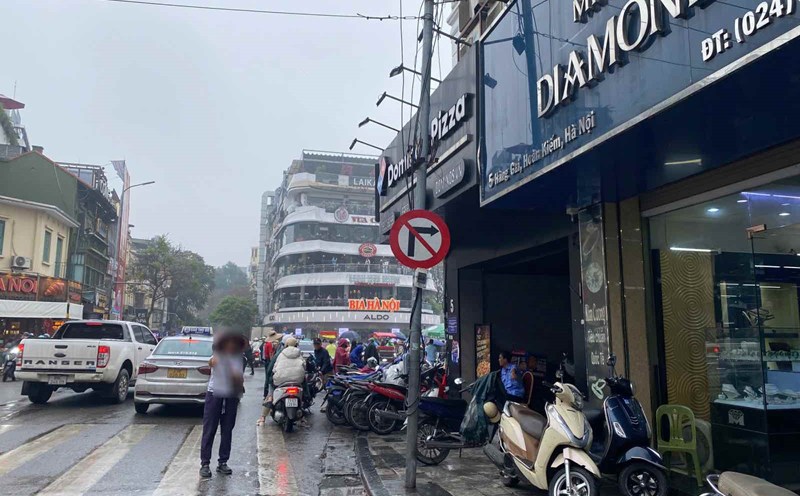Youme Law Firm LLC said that according to Point d, Clause 3.1, Section 2 of Resolution 27-NQ/TW in 2018, which stipulates the rearrangement of current allowance regimes, ensuring that the total allowance fund accounts for a maximum of 30% of the total salary fund as follows:
- Continue to apply concurrent allowances; seniority allowances exceeding the framework; regional allowances; work responsibility allowances; mobile allowances; security and defense service allowances and special allowances for armed forces (military, police, cryptography).
- Combining preferential allowances according to occupations, allowances for responsibilities according to occupations and allowances for toxic and dangerous diseases (collectively referred to as occupational allowances) applied to civil servants and public employees of occupations and jobs with higher than normal working conditions and with appropriate preferential policies of the State (education and training, health, courts, prosecution, enforcement of civil judgments, inspection, examination, auditing, customs, forestry, market management, etc.). Combine special allowances, attraction allowances and long-term work allowances in areas with particularly difficult socio-economic conditions with work allowances in areas with special difficulties.
- Abolish seniority allowances (except for the military, police, and cryptography to ensure salary correlation with cadres and civil servants); leadership position allowances (due to the leadership positions in the political system being arranged according to the position salary); allowances for party and political-social organizations; public service allowances (due to being included in the basic salary); toxic and dangerous allowances (due to including toxic and dangerous working conditions in the allowances according to the profession).
- New regulations on allowances according to administrative unit classification for commune, district and provincial levels.
- consistently allocate monthly allowances for non-professional workers at the commune level, in villages and residential groups according to the regular expenditure ratio of the People's Committee at the commune level; at the same time, stipulate the maximum number of non-professional workers at each type of commune, village and residential group level. On that basis, the People's Committee at the commune level submitted to the People's Council at the same level to specifically stipulate the position to receive allowances in the direction that one position can undertake many tasks but must ensure the quality and efficiency of the assigned work.
Thus, when reforming salaries, seniority allowances will be abolished, except for the army, police, and cryptography to ensure salary correlation with cadres and civil servants.
However, the income from the new salary table for senior civil servants and public employees will not be reduced because when developing and promulgating a new salary table system according to job positions, titles and leadership positions, it will replace the current salary table system, converting old salaries to new salaries, ensuring that they are not lower than current salaries (according to Point b, Clause 3.1, Section 2, Resolution 27-NQ/TW in 2018).










